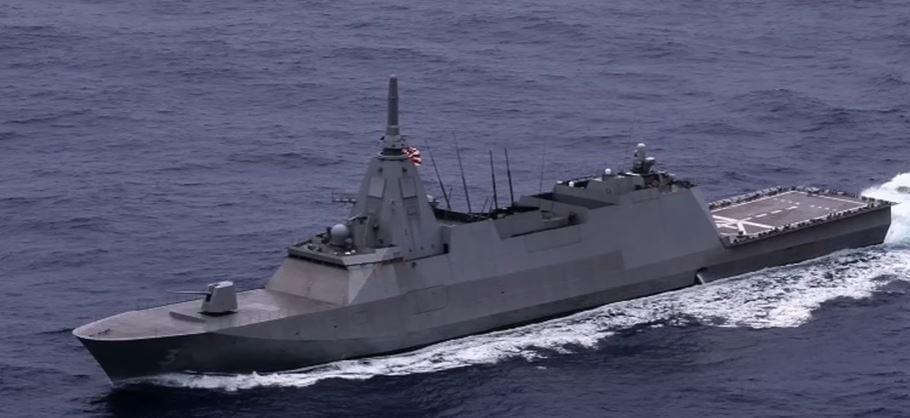Diplomatic Tensions Rise Over Naval Incursion
In a move that has intensified diplomatic tensions, a Japanese navy destroyer recently made an unauthorized entry into China’s territorial waters near Taiwan. This incident, which occurred earlier this month, has prompted a formal complaint from Beijing, highlighting the delicate and often contentious nature of Sino-Japanese relations.
Unauthorized Naval Entry
On July 4, the Japanese Maritime Self-Defense Force’s destroyer Suzutsuki entered Chinese waters off the coast of Zhejiang province. This maneuver took place without prior notification to Chinese authorities, a breach of standard international protocol. According to diplomatic sources cited by Kyodo news agency, the destroyer was tasked with monitoring Chinese missile exercises in the East China Sea, north of Taiwan.
China’s Immediate Response
Upon detecting the Suzutsuki within its territorial waters, Chinese naval vessels issued warnings and closely monitored the Japanese destroyer. Despite these warnings, the Suzutsuki remained within 12 nautical miles (22 kilometers) of the Zhejiang coast for approximately 20 minutes. This incursion led Beijing to express “serious concerns” to Tokyo, marking a significant diplomatic rebuke.
Investigation and Diplomatic Fallout
The Japanese defense ministry has launched an investigation into the incident, questioning the captain of the Suzutsuki to determine the intentions behind the unauthorized entry. The official explanation from Japan cited a technical error as the cause. However, this justification has done little to assuage Chinese officials.
Chinese foreign ministry spokesperson Lin Jian addressed the issue during a regular news briefing, condemning the actions of the Japanese destroyer as “illegal and improper.” The formal representation lodged by China underscores the gravity with which Beijing views such incursions.
Historical Context of Maritime Disputes
This incident is not an isolated event but part of a broader pattern of maritime disputes between China and Japan. In June of the previous year, Chinese coast guard and naval vessels entered Japanese territorial waters, leading Tokyo to lodge a protest. Similar confrontations have occurred in the disputed South China Sea, involving not only Japan but also other regional players like the Philippines.
In December, the Chinese military accused a U.S. Navy ship of “illegally” entering waters adjacent to a disputed South China Sea atoll. This area has been the scene of several maritime confrontations, further complicating the geopolitical landscape.
Regional Implications
The unauthorized entry of the Suzutsuki has far-reaching implications for regional security dynamics. China’s swift and stern response indicates its readiness to defend its territorial claims assertively. For Japan, this incident underscores the complexities of operating in contested waters and the need for meticulous adherence to international maritime protocols.
Monitoring Missile Exercises
The Suzutsuki’s mission to monitor Chinese missile exercises adds another layer of complexity to the incident. Such monitoring activities are not uncommon, as regional powers often keep a close watch on each other’s military maneuvers. However, the lack of notification to China exacerbated the situation, turning a routine surveillance mission into a diplomatic flashpoint.
Calls for De-escalation
In the wake of this incident, calls for de-escalation and diplomatic dialogue are paramount. Both China and Japan have significant roles to play in maintaining regional stability. Avoiding future incidents of this nature requires robust communication channels and mutual respect for territorial sovereignty.
Conclusion
The incursion of the Japanese navy destroyer Suzutsuki into Chinese territorial waters near Taiwan has escalated diplomatic tensions between the two nations. While Japan attributes the incident to a technical error, China’s response highlights the serious nature of such breaches of protocol. As both countries navigate this delicate situation, the broader implications for regional security and international maritime law remain at the forefront of diplomatic discussions.
Soumya Smruti Sahoo is a seasoned journalist with extensive experience in both international and Indian news writing. With a sharp analytical mind and a dedication to uncovering the truth, Soumya has built a reputation for delivering in-depth, well-researched articles that provide readers with a clear understanding of complex global and domestic issues. Her work reflects a deep commitment to journalistic integrity, making her a trusted source for accurate and insightful news coverage.



